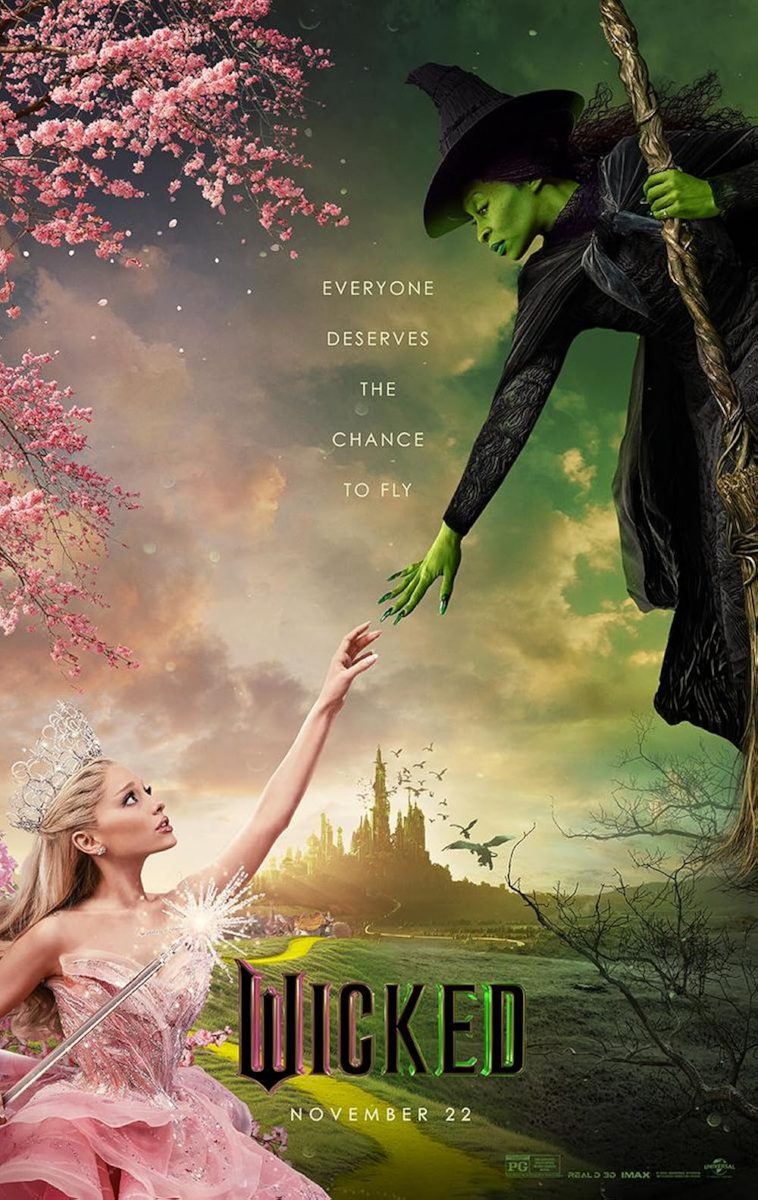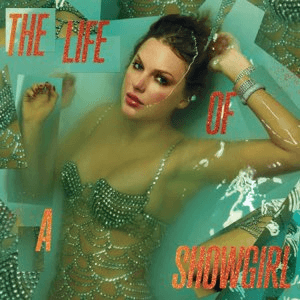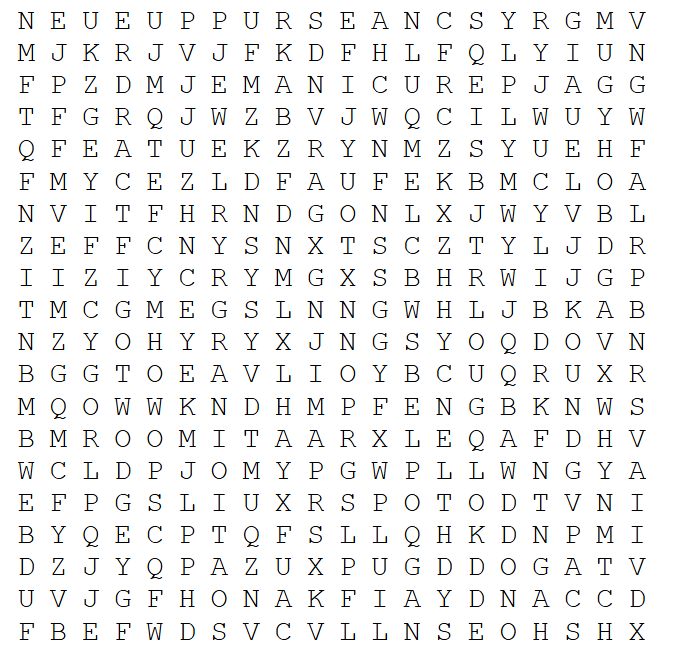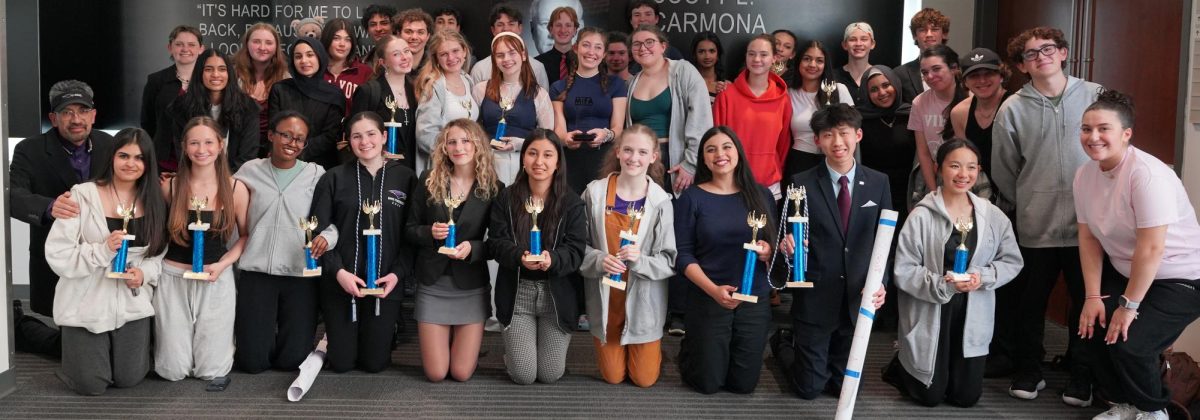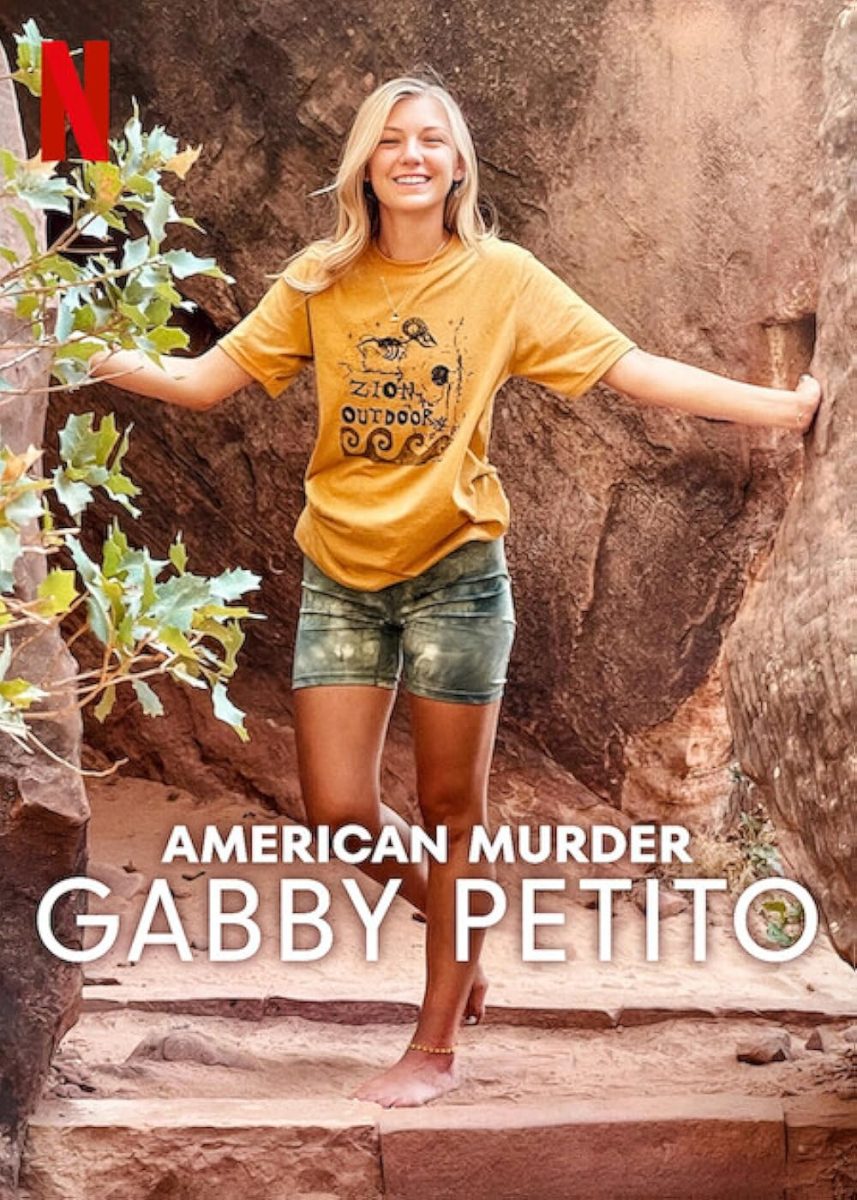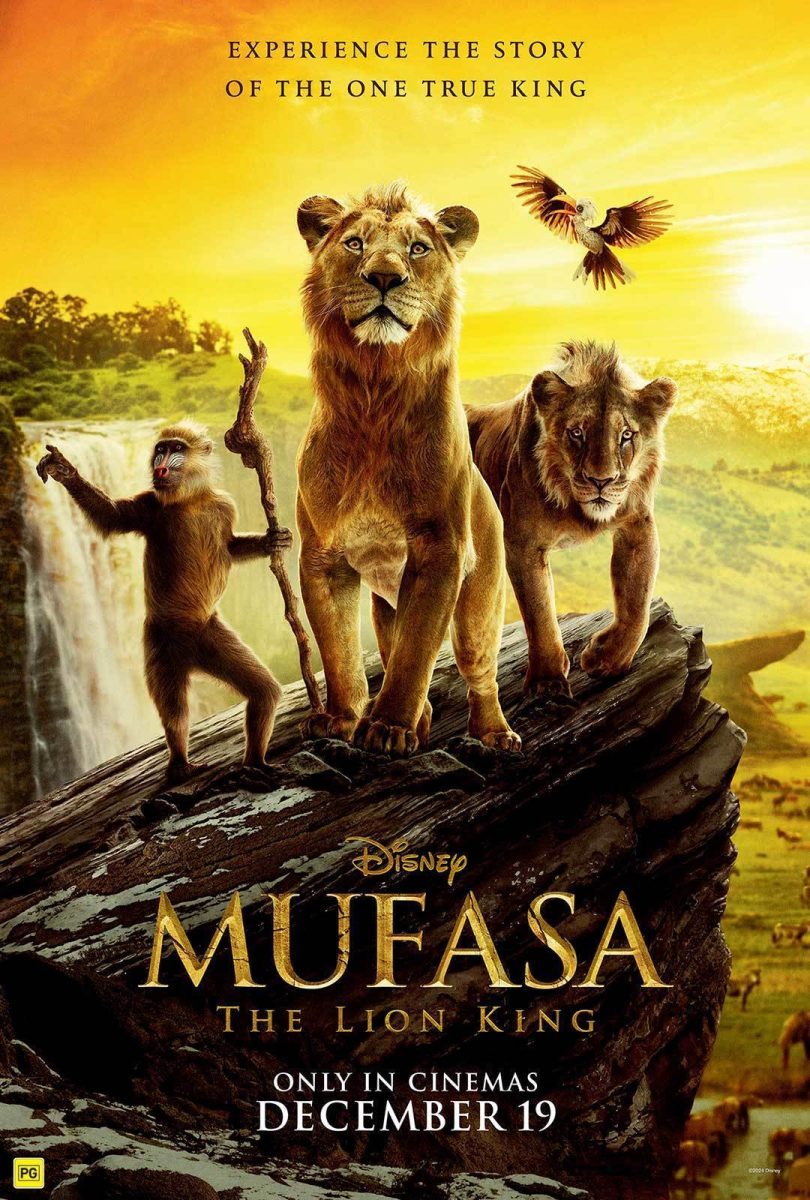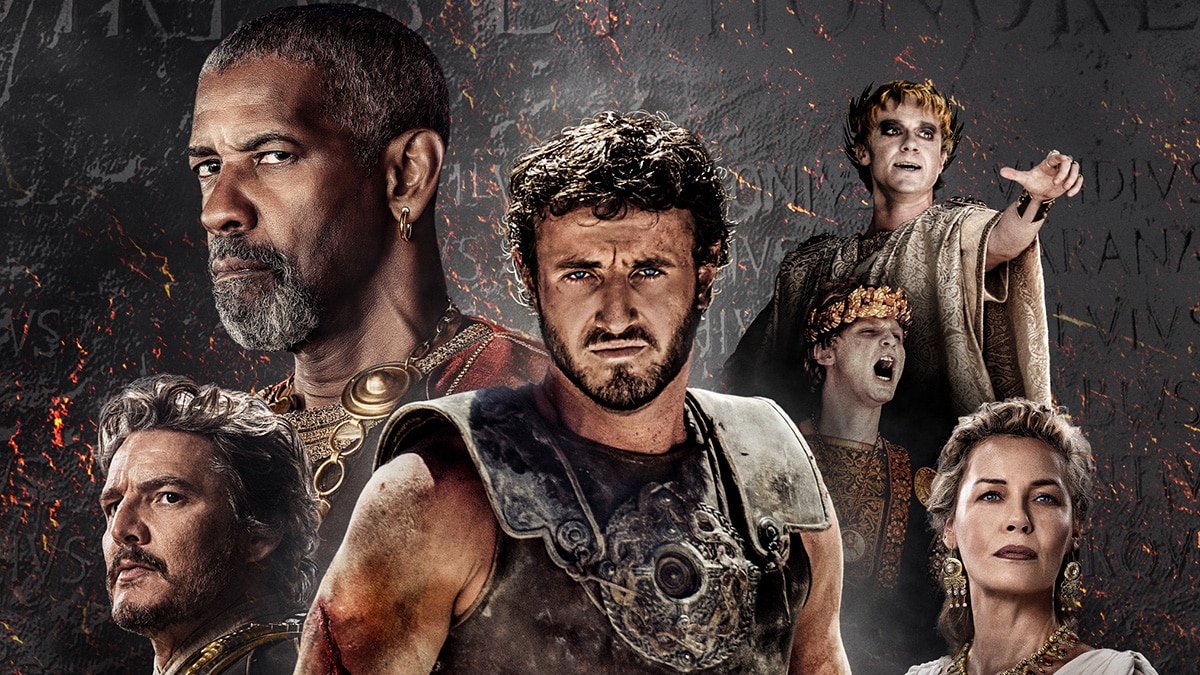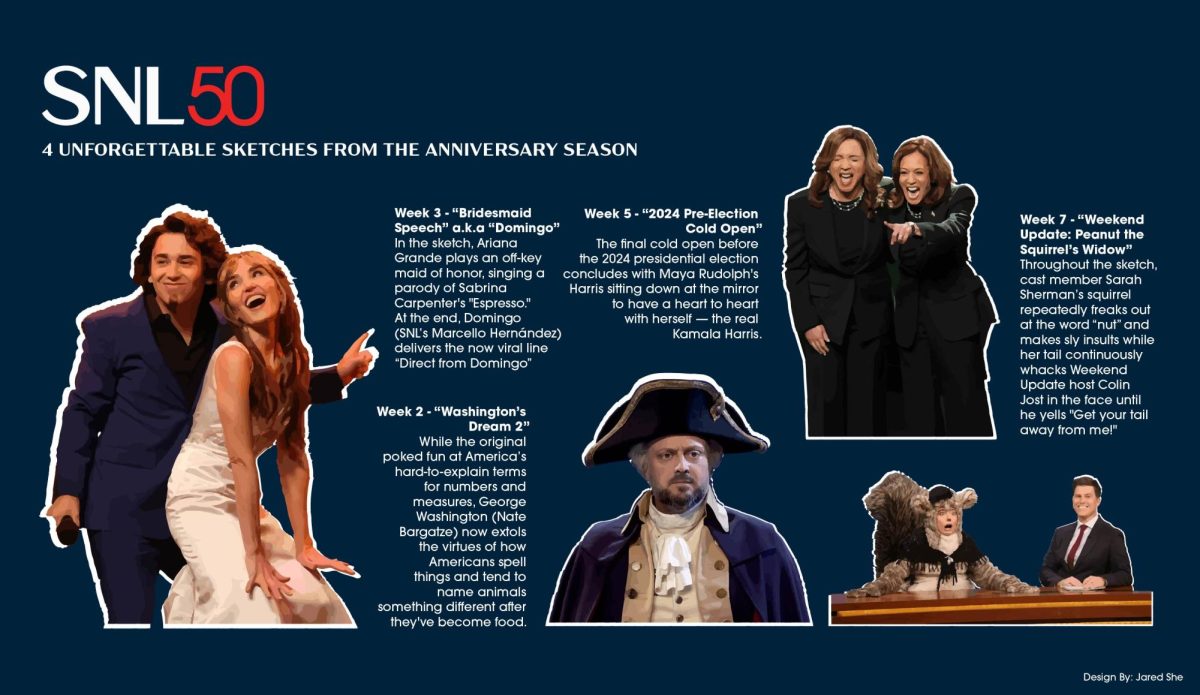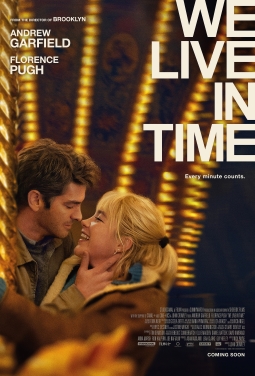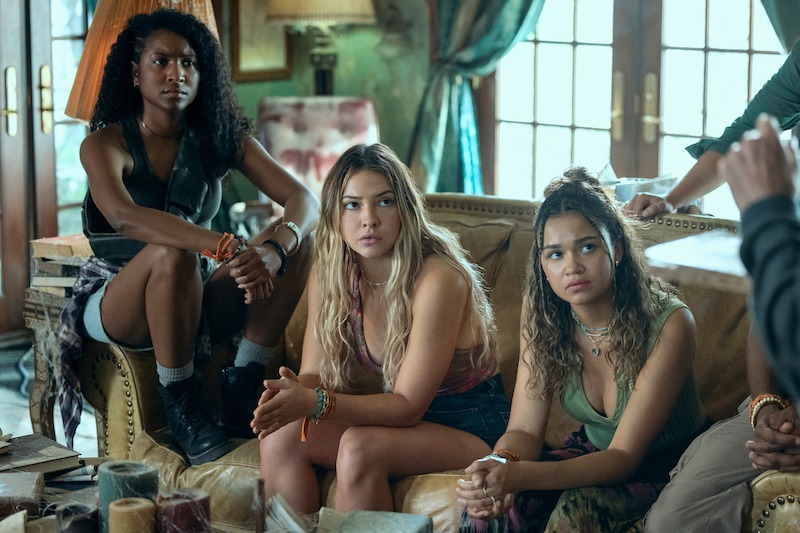On November 22, moviegoers returned to the magical world of Oz for the screen adaptation of the Broadway musical Wicked directed by Jon M. Chu . Wicked tells the story of the famous Wizard of Oz characters’ origins. One of the first color films, the Wizard of Oz dazzled the screens in 1939 and has made a major impact on films today. When Wicked the musical opened in 2003, it too was a truly groundbreaking musical. Wicked highlighted relevant social and political commentary, which may be even more pertinent today.
Wicked is told from the perspective of the would-be witches, Elphaba and Glinda, before and after Dorothy’s arrival in Oz. The story explores the complex friendship between Elphaba (who becomes the Wicked Witch of the West) and Galinda (who becomes Glinda the Good).
Prior to my arrival at the movie theater, I was slightly judgmental. I have seen the musical twice before, and typically enjoy the book or musical more than the movie adaptation. I had already watched various interviews of Cynthia Erivo and Ariana Grande and had prior knowledge from watching the Wizard of Oz. I was particularly hesitant about Ariana being cast as Galinda. While I loved Nickolodians’ Victorious, and many of her recent songs, I wasn’t sure if the cameras would capture her as her character, or as Ariana.
This movie was one of the only adaptations I can truly say was close to, if not better, than the original. Oftentimes, my seats in the theater are so far from the stage it is hard to see the actors’ faces. But, because it was on the big screen, I could truly see the characters’ emotions. The set was beautiful and I found it truly impressive that they built an Emerald City, Munchkinland, and planted more than nine million tulips to add to the reality of the set. I loved that the actors decided to sing live. Since the musical is of course all live singing, including this in the film made the movie really come to life.
Another aspect of Wicked I continued to enjoy was how the film displayed social and political issues in such a clever way. The people of Oz ostracize Elphaba because of her green skin. Her father does not treat her as his own and, throughout her time at Shiz, she is made fun of by her peers, disrespected by faculty, and excluded from student activities. This issue in the film portrays racism and discrimination in a unique light. Additionally, in Wicked, Dr. Dillamond, the goat history professor, is a symbol of real life prejudice. Over time in Oz, animals like him lose their ability to speak, symbolizing their growing marginalization and helplessness just like marginalized groups in society today. The quote “animals should be seen not heard” symbolizes the growing oppression of animals in Oz. These scenes in Wicked not only highlight the issues in Oz, but also teach us broader lessons about the world we live in.
Overall, this movie was amazing. It perfectly paid tribute to the remarkable musical while also utilizing the big screen. To the Wicked fanatics, if you were hesitant to see it in theaters, you don’t want to miss out.

